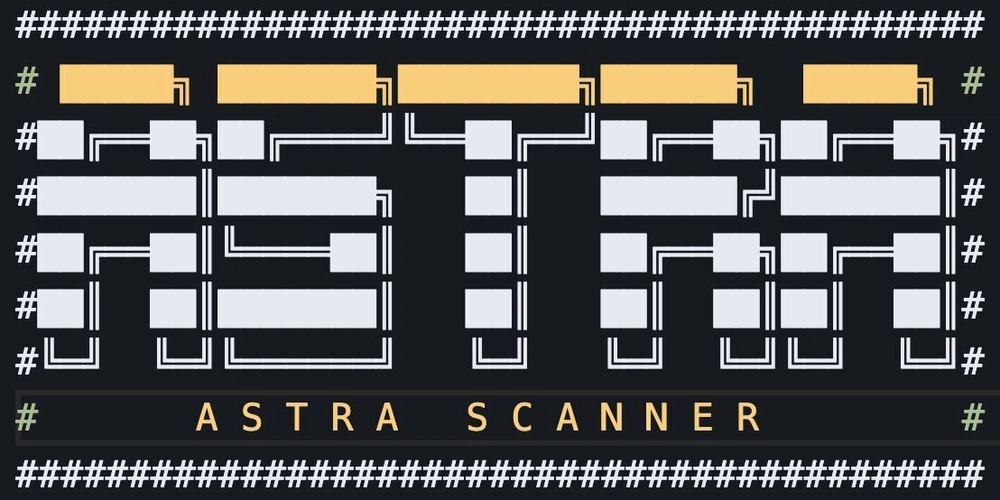UAE Supply Chain Renewal: Global Trade Optimization
In the rapidly evolving landscape of global commerce, the United Arab Emirates (UAE) is emerging as a strategic hub for supply chain innovation and trade optimization.

In the rapidly evolving landscape of global commerce, the United Arab Emirates (UAE) is emerging as a strategic hub for supply chain innovation and trade optimization. Situated at the crossroads of Europe, Asia, and Africa, the UAE has leveraged its geographic advantage and visionary leadership to position itself as a global logistics and trade powerhouse. Today, as disruptions challenge conventional supply chain models, the UAE is spearheading a renewal strategy that focuses on agility, sustainability, digital integration, and global competitiveness.
This transformative journey is not only streamlining logistics and increasing operational efficiency but also reshaping the region's economic infrastructure. At the heart of this evolution is a dynamic synergy between government initiatives, public-private partnerships, and corporate restructuring services, all driving a new era of supply chain modernization in the UAE.
Strategic Importance of the UAE in Global Trade
The UAE’s importance in global trade is rooted in its unique geography and advanced infrastructure. Dubai’s Jebel Ali Port and Abu Dhabi’s Khalifa Port are ranked among the most efficient maritime ports globally, handling millions of TEUs annually. These ports serve as key transshipment centers connecting over 400 cities worldwide. Additionally, the country’s extensive free trade zones and favorable business environment attract multinational corporations seeking a strategic base in the Middle East.
As global trade becomes increasingly complex, the UAE is leveraging its infrastructure to offer end-to-end logistics solutions. Companies operating in the UAE benefit from reduced lead times, advanced warehousing, and seamless multimodal connectivity. This transformation is complemented by strategic economic policies such as the UAE Vision 2030, which prioritizes economic diversification and innovation-led growth.
The Need for Supply Chain Renewal
The global supply chain has faced unprecedented stress in recent years due to factors such as the COVID-19 pandemic, geopolitical tensions, raw material shortages, and increasing demand for e-commerce. These disruptions have exposed vulnerabilities in traditional supply chain models, emphasizing the need for resilience, digitalization, and sustainability.
Recognizing this, the UAE has embarked on a comprehensive supply chain renewal strategy aimed at reducing dependency on single-source suppliers, optimizing last-mile delivery, and embracing emerging technologies like artificial intelligence (AI), Internet of Things (IoT), and blockchain. These advancements are not only modernizing operational frameworks but also necessitating a reevaluation of corporate structures and governance—paving the way for corporate restructuring services to play a pivotal role in streamlining processes and unlocking value across the supply chain.
Government-Led Reforms and Initiatives
The UAE government has launched several initiatives to enhance its logistics capabilities and optimize global trade. These include:
1. National Advanced Logistics Strategy (NALS)
The NALS aims to elevate the UAE’s position among the top 10 global logistics hubs by 2030. It focuses on improving logistics efficiency, enhancing border processes, and attracting international logistics players through incentives and regulatory reforms.
2. Dubai Silk Road Strategy
Designed to reinforce Dubai’s position as a global trade hub, this strategy integrates aviation and maritime logistics networks, providing seamless global connectivity and enhancing customs and trade facilitation.
3. Operation 300bn
This industrial strategy seeks to increase the contribution of the manufacturing sector to the UAE’s GDP from AED 133 billion to AED 300 billion by 2031. It emphasizes local production, export expansion, and technological innovation in logistics and supply chains.
These reforms are empowering businesses to reassess operational models and capitalize on new trade opportunities. This environment is ideal for the deployment of corporate restructuring services, which help companies realign their supply chains, optimize assets, and ensure compliance with evolving trade regulations.
Digital Transformation and Smart Logistics
One of the most significant enablers of supply chain renewal in the UAE is digital transformation. The integration of smart logistics solutions is enhancing visibility, predictability, and cost-efficiency across the supply chain ecosystem.
Blockchain and IoT Integration
The UAE has been a pioneer in adopting blockchain for trade documentation. Dubai Customs, for example, is using blockchain to streamline cross-border documentation and minimize fraud. IoT devices are being used for real-time cargo tracking, predictive maintenance of transportation fleets, and warehouse automation.
Artificial Intelligence and Predictive Analytics
AI-powered systems are being used to predict supply chain disruptions, analyze demand patterns, and manage inventory dynamically. Predictive analytics is reducing forecasting errors and enabling proactive decision-making.
These technologies are being adopted at scale not only by logistics providers but also by manufacturers, retailers, and financial institutions—driving an ecosystem-wide transformation. Companies seeking to navigate this complex terrain are increasingly relying on corporate restructuring services to ensure their organizational frameworks support digital adoption and process innovation.
Sustainability in Supply Chain Operations
As environmental, social, and governance (ESG) concerns take center stage globally, the UAE is placing a strong emphasis on sustainable logistics. The country is investing in green ports, electric vehicles, and renewable energy-powered warehouses to reduce carbon emissions.
The recent COP28 summit, hosted by the UAE, further underscored the country’s commitment to sustainability. In alignment with these goals, companies are exploring circular supply chains, green procurement, and carbon offset programs. Sustainable supply chains not only help reduce environmental impact but also enhance brand reputation and customer loyalty.
The transition to sustainable operations often involves significant shifts in procurement, production, and distribution models. Here, corporate restructuring services play a vital role in guiding companies through organizational change, performance benchmarking, and compliance with sustainability standards.
The Role of Public-Private Partnerships
Public-private partnerships (PPPs) have been instrumental in accelerating supply chain renewal in the UAE. Collaborative ventures between the government and private sector have enabled the rapid deployment of logistics infrastructure, smart technologies, and talent development programs.
Examples include:
-
The DP World-Cargoes digital platform, which offers a unified digital interface for cargo owners, freight forwarders, and customs authorities.
-
AD Ports Group’s collaboration with Maqta Gateway to develop a digital trade ecosystem connecting all supply chain stakeholders.
These partnerships have not only enhanced operational efficiency but also fostered innovation, investment, and knowledge transfer. As these collaborative models expand, the role of advisory services—especially those offering corporate restructuring services—becomes essential in ensuring alignment of objectives, risk management, and long-term value creation.
Challenges and the Road Ahead
Despite the remarkable progress, the journey toward full supply chain optimization in the UAE is not without challenges. These include:
-
Talent shortages in advanced logistics roles
-
Regulatory complexities across international markets
-
Integration of legacy systems with modern technologies
-
Managing cybersecurity risks in digital supply chains
However, the UAE’s proactive stance, coupled with strong public and private sector collaboration, positions it to overcome these challenges effectively. Continued investments in education, technology, and infrastructure will be key to realizing the full potential of supply chain renewal.
The UAE’s supply chain renewal is not merely a response to global disruption but a proactive, strategic endeavor to redefine the future of trade. By focusing on infrastructure excellence, digital innovation, sustainability, and corporate agility, the country is setting a global benchmark in logistics and supply chain management.
As businesses navigate this new era, the role of strategic advisory and corporate restructuring services becomes increasingly vital. These services empower organizations to adapt, grow, and thrive in an environment marked by constant change and competitive intensity.
For companies looking to establish a robust, future-ready presence in the Middle East and beyond, the UAE offers an unparalleled platform for growth, transformation, and global trade optimization.
You May Like:






















































































